Egyptian Ruler General Sisi Warns Nation of Inflation Crisis
By Yousuf Ali
Egypt has been struggling with its economic condition partially because of the macroeconomic situation but also because of the mismanagement of the economy by its rulers. Furthermore, despite the state’s usual unwillingness to acknowledge problems within the country, the Egyptian government is still reporting high inflation figures. According to Al Jazeera “The state-run Central Agency for Public Mobilization and Statistics (CAPMAS) released figures on Tuesday showing that the annual inflation was at 21.9 percent last month, up from 19.2 percent in November. That is compared with 6.5 percent in December 2021, before inflation ballooned in 2022, following the outbreak of Russia’s war on Ukraine that rattled the world economy.”
As is normal in such crises, this disproportionately affects the lower and middle classes of Egyptian society who already were limited in means. Even though the crisis accelerated with the situation in Ukraine, it by no means started with that. Egyptian policies of reform have helped create more mild inflation problems before the current situation.
In 2016, Egypt embarked on economic policies which in the name of reform had the effect of worsening economic indicators. According to Al Jazeera, “Most of Egypt’s more than 104 million population has suffered due to inflation since the government embarked on an ambitious reform program in 2016 to overhaul the country’s battered economy.
That program included painful austerity measures like the flotation of the Egyptian pound and the slashing of subsidies for fuel, water and electricity. The economy was also hit hard by the coronavirus pandemic and the fallout from the war in Ukraine”. This Resulted in situations where Egyptians were left with far fewer resources in the name of modernization and reform. Egyptian president Sisi acknowledged the tough times “On Monday, President Abdel Fattah el-Sisi described the situation as “very difficult”, urging people to trust his administration.”.
This is because his government’s decision to devalue its currency and raise its interest rate have resulted in an increasingly dire situation. Other countries are dealing with economic difficulties with varying levels of success. One notable example would be Turkey which is having an election later in 2023 where Erdogan has been criticized for his economic policies.






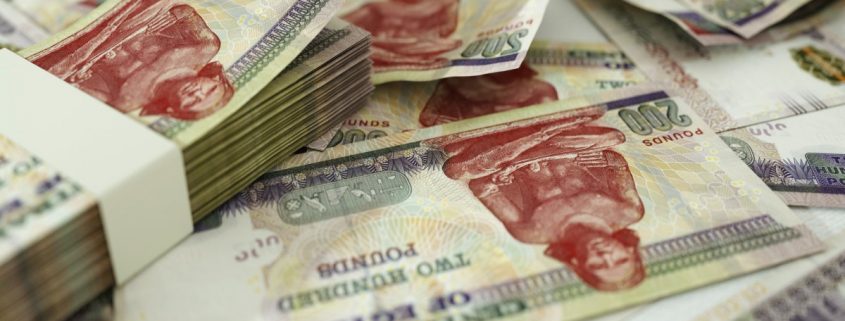
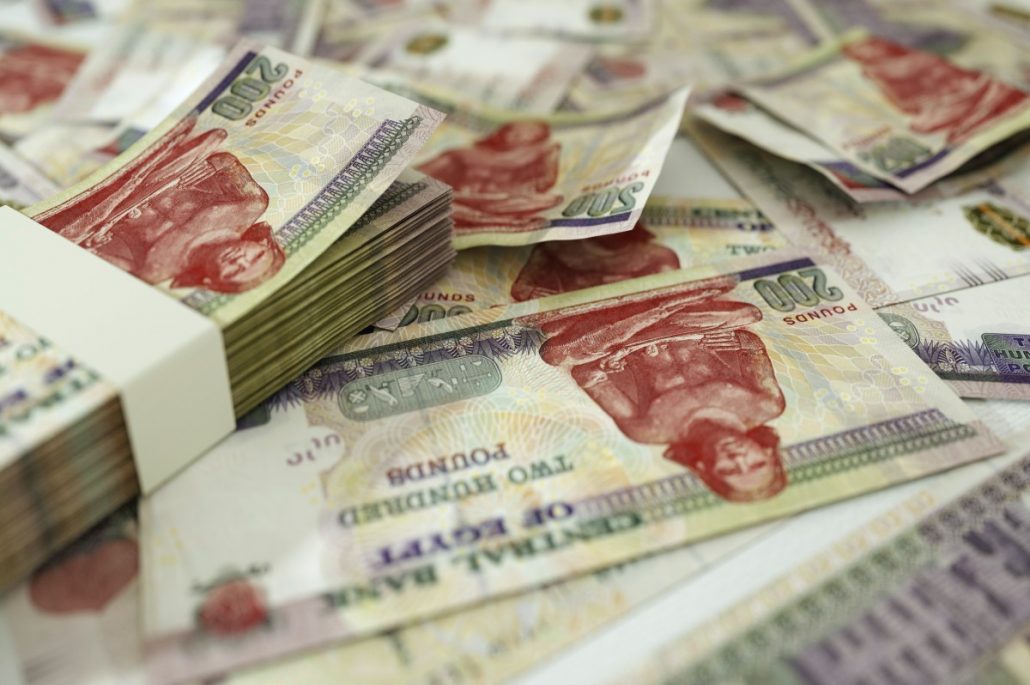

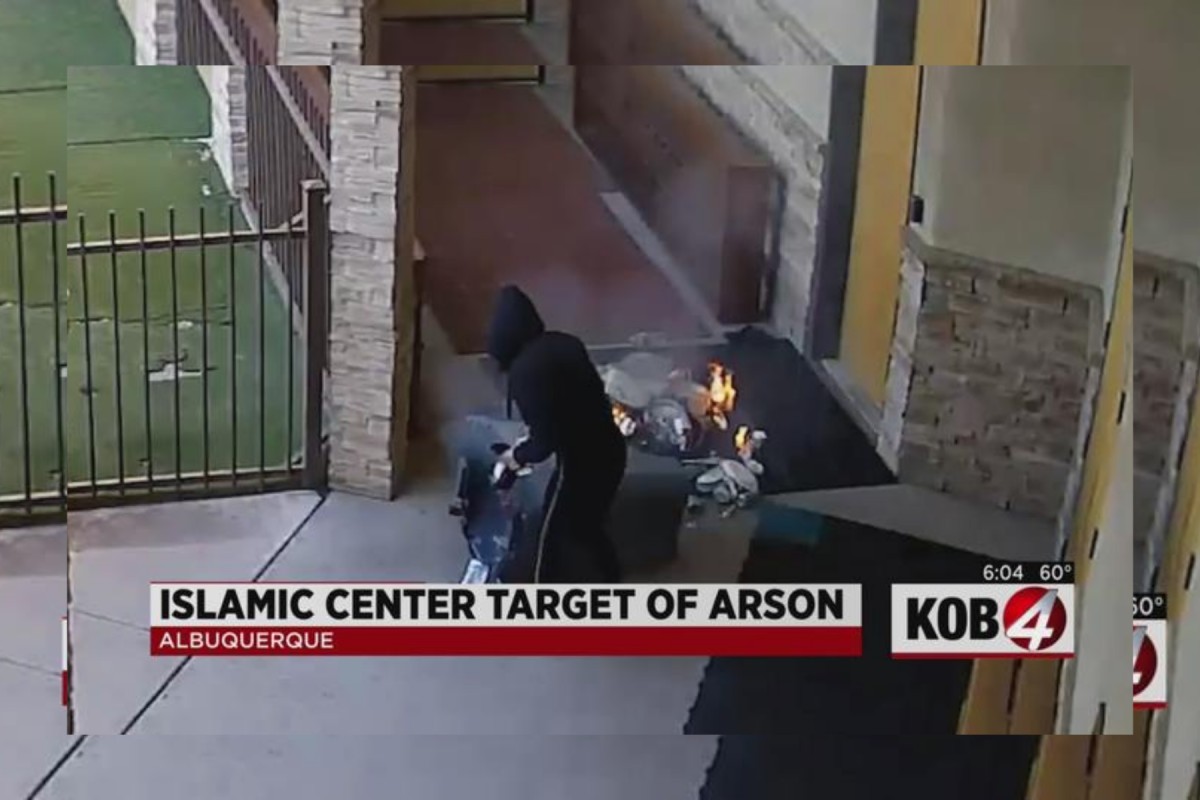

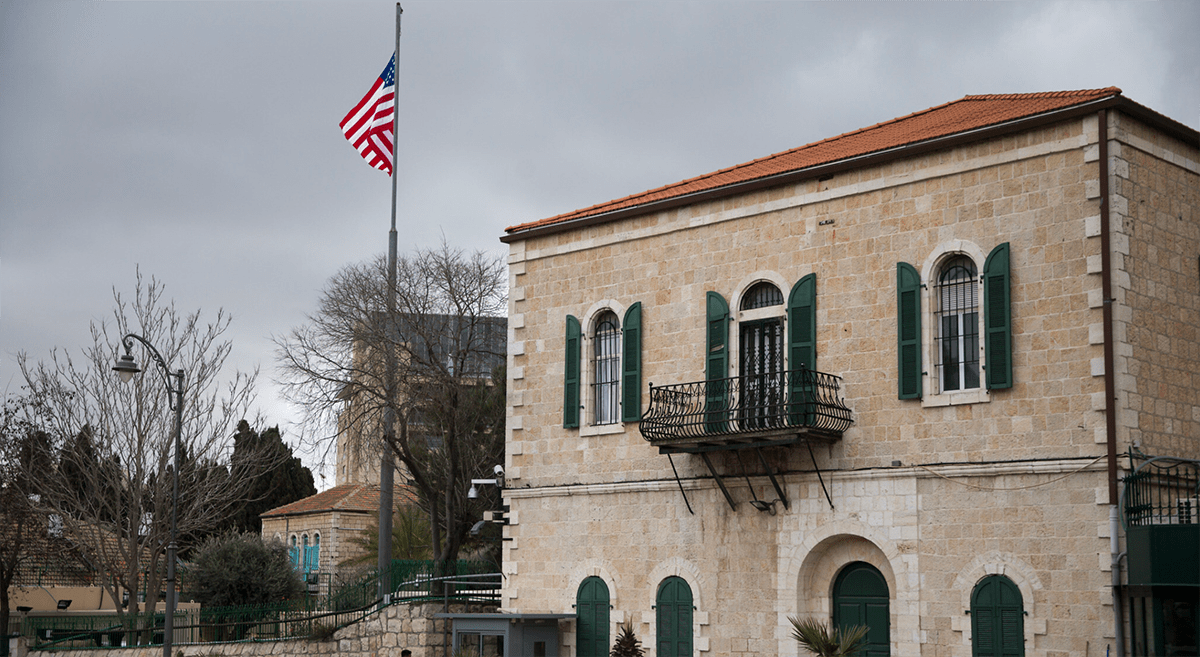

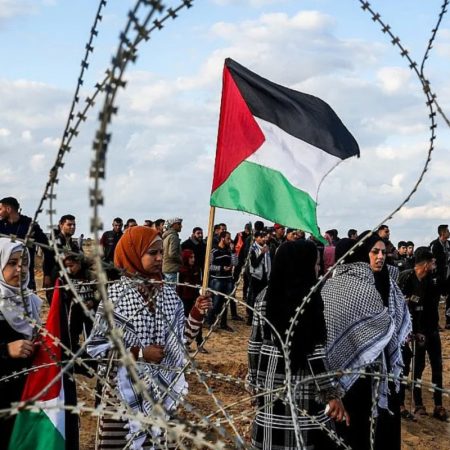
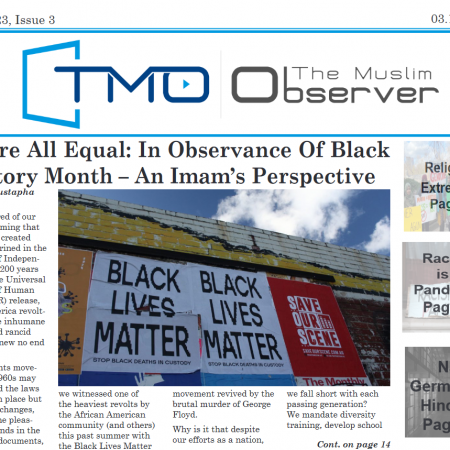






2023
1,319 views
views
0
comments